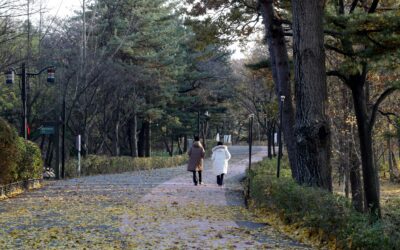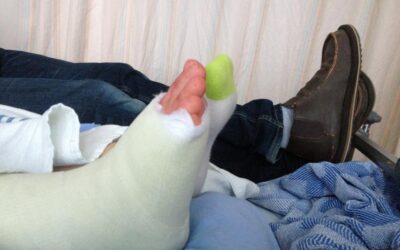Jeff Palmer was affected by a stroke at age 37. As a husband, father of two boys, working a job he loved and coaching baseball for his kids, the impacts the stroke had on his life were numerous. Three years after the stroke, Jeff is still adjusting to physical mobility challenges, working on regaining verbal communication, nourishing his personal relationships and trying to keep his spirits up. The Palmers have experienced a challenging road with all the changes but they are committed to working through Jeff’s stroke recovery together. Thanks to programs like Hope After Stroke offered by Langley Community Support Groups Society, Jeff continues to improve his mobility with group physical exercise and activities. He is also working through his aphasia-related communication challenges with cognitive and communication games and exercises.
On top of the physical and mental benefits, stroke survivor programs like Hope After Stroke offer important social support to participants. Often they can feel isolated and depressed after their stroke. Making connections with others going through similar life challenges is a very important way to build community and continue on the path of recovery. The ongoing support of friends and family is also paramount to stroke recovery.
Helping other stroke survivors
The BC Brain Injury Association (BCBIA) has produced a short video documentary about the Palmer family’s experience. They chose to share their story with a broader community in the hopes that the lessons they have learned during Jeff’s stroke recovery will help others as they move forward on their own recovery journeys. After being discharged from hospital following a brain injury, people often don’t know where to go and what to do to continue their recovery and receive further support. The Palmers hope their story will give voice to the need for improved services for stroke survivors after they have returned to the community.
Sharing the Palmers’ story helps us to push forward and continue to improve both the way people navigate their recovery process and how they access the supports and services available to them after leaving the hospital. The Palmers’ want to reassure other families that adaptation to life after brain injury continues after you leave the hospital or rehab centre. There are often gains still to be made and compensatory strategies to be learned that continue to improve stroke survivors’ lives.
Watch the video above to learn more about the Palmers’ story.
Brain injury in Canada
According to Brain Injury Canada, 160,000 Canadians sustain an acquired brain injury each year, that’s approximately one every three minutes. Brain injury is often called a silent epidemic largely due to its invisibility and lack of public awareness. It is our hope that sharing Jeff Palmer’s story will help people understand the broad impacts a brain injury can have on a family and inspire others going through similar experiences to never give up hope on the road to recovery.
Brain injury resources
Many people don’t know where to turn for help to continue their recovery after being discharged from the hospital. One of our main goals at the BCBIA is to help those affected by brain injury navigate the system of health care supports and services available to them. Explore our extensive Resource Page to discover the resources available in your area. There are a variety of stroke supports and services that can be found on the list as well.
We are continually expanding this resource repository – if you have accessed a useful service you don’t see on our list, please contact us to share the details.
Paying it forward
We’d like to extend a big thank you to Jeff Palmer and his family for being willing to share their story with us. We are grateful for their bravery and generosity in choosing to speak about their personal lives and challenges. Their strength and courage to keep working together on the road to recovery is an inspiration to all.


